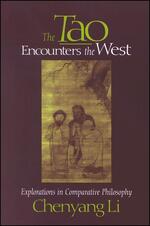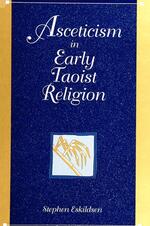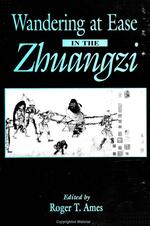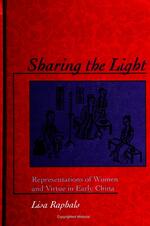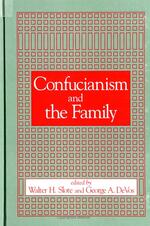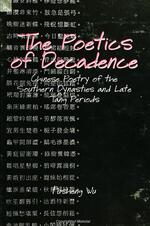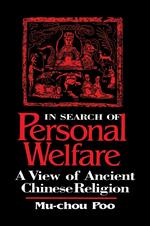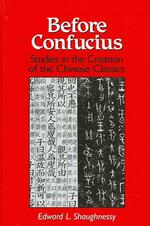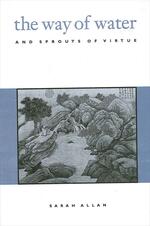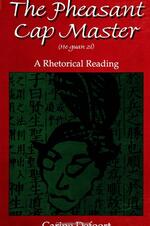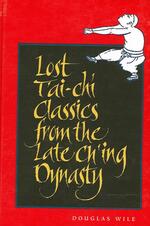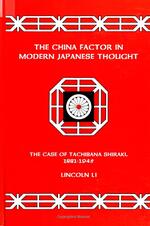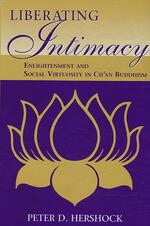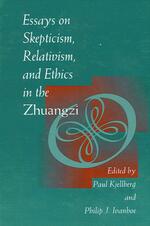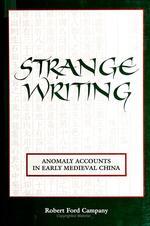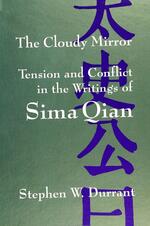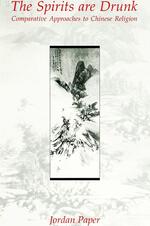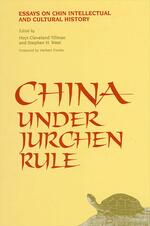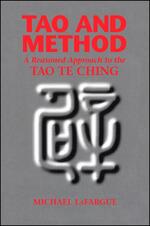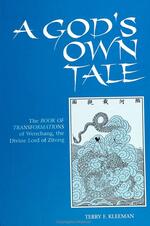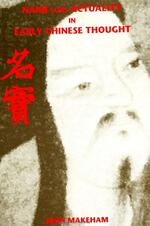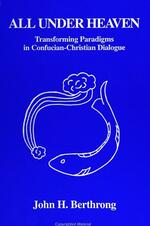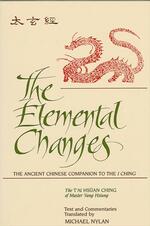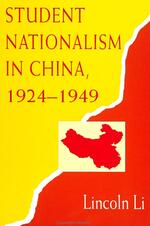SUNY series in Chinese Philosophy and Culture
The Tao Encounters the West
Examines liberal democracy and Confucianism as two value systems and argues for a future where both coexist as independent value systems in China.
Asceticism in Early Taoist Religion
Using a wide variety of original sources, this book examines how and why early Taoists carried out such ascetic practices as fasting, celibacy, sleep deprivation, and wilderness seclusion.
Wandering at Ease in the Zhuangzi
A diverse collection of interpretive essays on the third-century B. C.E. Daoist classic, the Zhuangzi, which continues the long commentarial tradition on this work and underscores its relevance to our own time and place.
Sharing the Light
Explores historical and philosophical shifts in the depiction of women and virtue in the early years of the Chinese state. Includes an examination of the history of yin-yang theories.
Confucianism and the Family
An interdisciplinary exploration of the Confucian family in East Asia which includes historical, psychocultural, and gender studies perspectives.
The Poetics of Decadence
A reconsideration of Chinese decadent (tuifei) poetry which argues that this poetry is not a marginal trend but rather a vital part of the Chinese literary tradition.
In Search of Personal Welfare
The first major reassessment of ancient Chinese religion to appear in recent years, this book presents the religious mentality of the period through personal and daily experiences.
Before Confucius
Examines the original composition of China's oldest books, the Classic of Changes, the Venerated Documents, and the Classic of Poetry, and attempts to restore their original meanings.
The Way of Water and Sprouts of Virtue
Explicates early Chinese thought and explores the relationship between language and thought.
The Pheasant Cap Master (He guan zi)
This first book-length study in English explores the long neglected ancient Chinese treatise: the Pheasant Cap Master or He guan zi (3rd century B.C.).
Lost T'ai-chi Classics from the Late Ch'ing Dynasty
Analysis of rich new material allows Wile to make a fresh survey of longstanding issues: the origins of T'ai-chi; the authorship of the classics; the differences between Wu, Yang, and Li; and the roles of such figures as Chang San-feng, Wang Tsung-yueh
From Deluge to Discourse
Proposes a sweeping theory of flood myths, applies it to a particular text, the Mu T'ien-tzu chuan, and opens up the world of Chinese fiction to an entirely new type of analysis based on a psychoanalytic theory of the symbol.
The China Factor in Modern Japanese Thought
Examines the ideas of Tachibana Shiraki (1881-1945), a revisionist within the Japanese Kangaku tradition, which focused on incorporating Chinese elements into Japanese culture. Tachibana advocated the study of popular culture as the key to understanding contemporary society.
Liberating Intimacy
Liberating Intimacy dramatically reevaluates the teachings and practice of Ch'an Buddhism. Considering Buddha's insight that everything is empty or absent of a permanent and independent "self nature," ...
Essays on Skepticism, Relativism, and Ethics in the Zhuangzi
The Chinese philosophical text Zhuangzi was written by Zhuangzi in the fourth century BCE. With humor and relentless logic Zhuangzi attacks claims to knowledge about the world, especially evaluative knowledge of what is good and bad or right and wrong. This book is about the man and the text.
Strange Writing
This is the first comprehensive, Western-language study of the important Chinese genre of writing known as "accounts of the anomalies" (zhiguai) in its formative period. The book sets forth a new view of the nature and origins of the genre.
The Cloudy Mirror
Sima Qian's writings have influenced the Chinese for over 2,000 years and still serve as a fiscal source of historical information about China.
The Spirits are Drunk
This is a comparative treatment of the religious beliefs and practices of Chinese traditional culture.
China Under Jurchen Rule
This is the most extensive study of Chin dynasty history in any language. It demonstrates the importance of cultural developments in North China under the Chin (1115-1234).
Tao and Method
While the Tao Te Ching has been translated and commented on countless times, interpretations are seldom based on systematic theoretical treatment of the problems of interpretive method posed by this enigmatic ...
A God's Own Tale
This scripture was revealed through spirit writing in 1181. It traces Wenchang's development through his many transformations culminating in his apotheosis as director of the Wenchang Palace and custodian ...
Name and Actuality in Early Chinese Thought
This is the first Western study of the philosophy of Xu Gan (170-217), a Confucian thinker who lived at a nodal point in the history of Chinese thought, when Han scholasticism had become ossified and ...
All Under Heaven
This book is a study of comparative philosophy and theology. The themes are the critical issues arising from the modern interpretation of Confucian doctrine as they confront the Christian beliefs of the ...
The Elemental Changes
Composed in 2 B. C., as "The I Ching revised and enlarged," The Elemental Changes is a divination manual providing a clear method for distinguishing alternative courses of action. Structured in 81 tetragrams ...
Student Nationalism in China, 1924-1949
Examines the critical role of the younger generation as a political force, influenced by the cultural and ideological debates during China’s reunification in 1927 and again in 1949.
